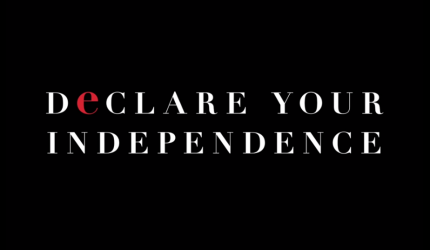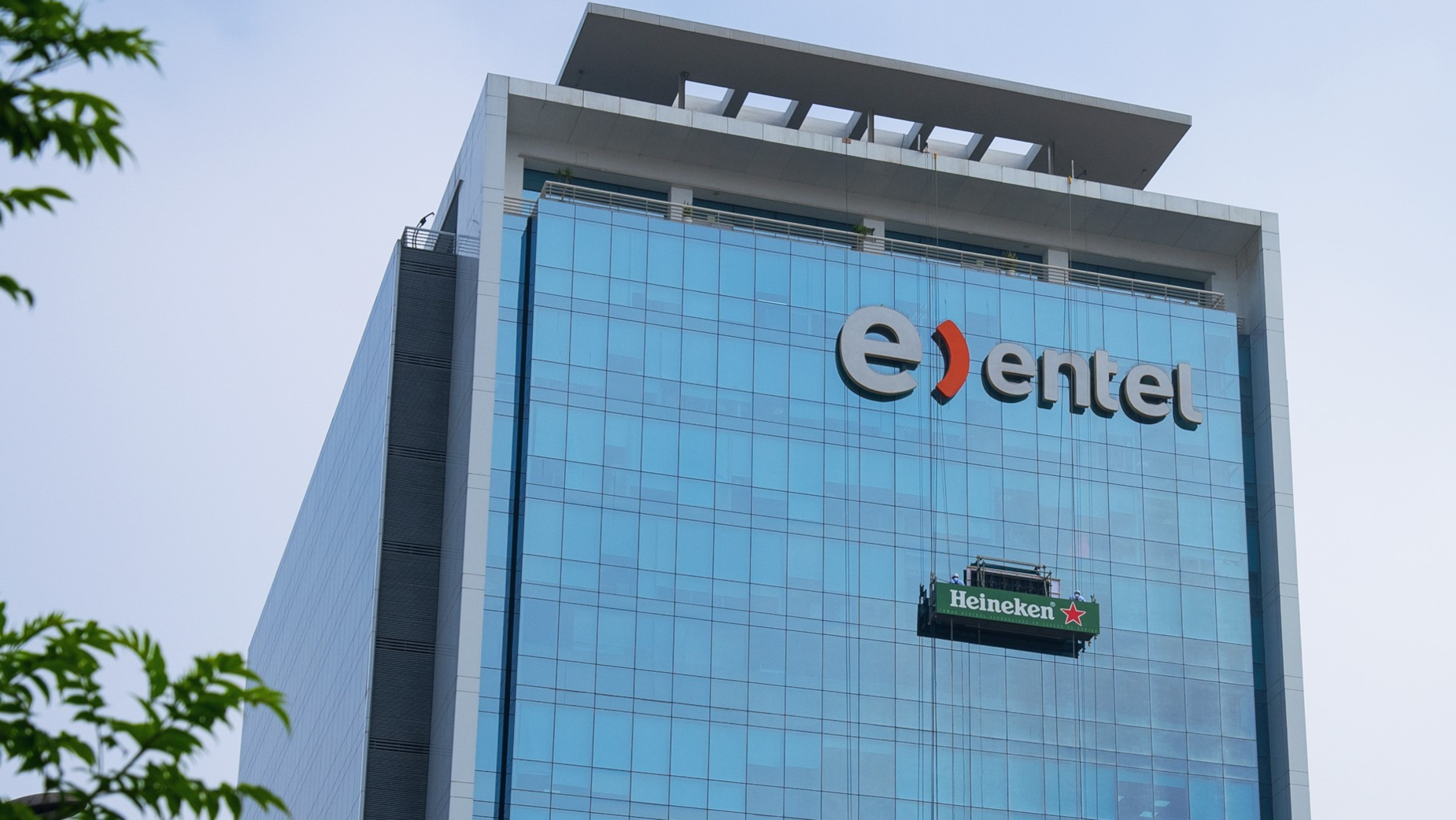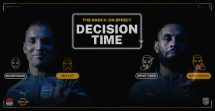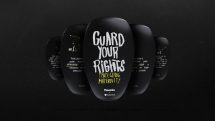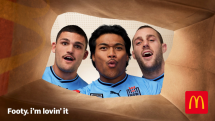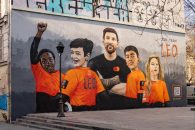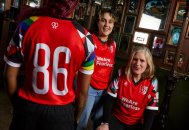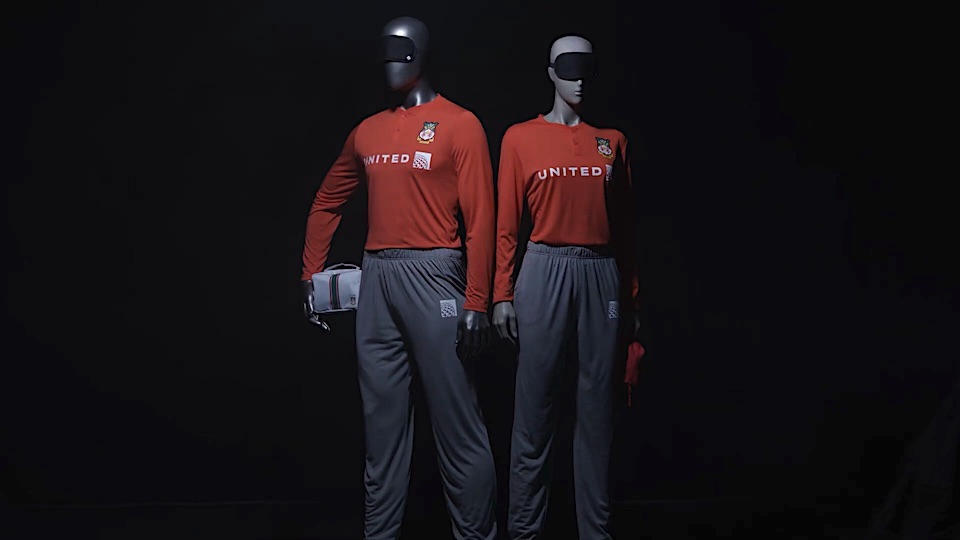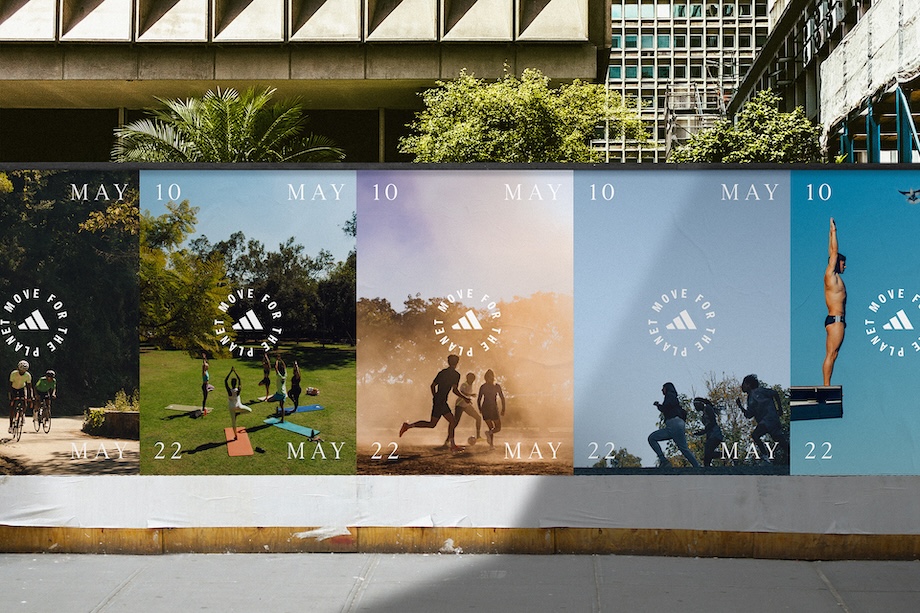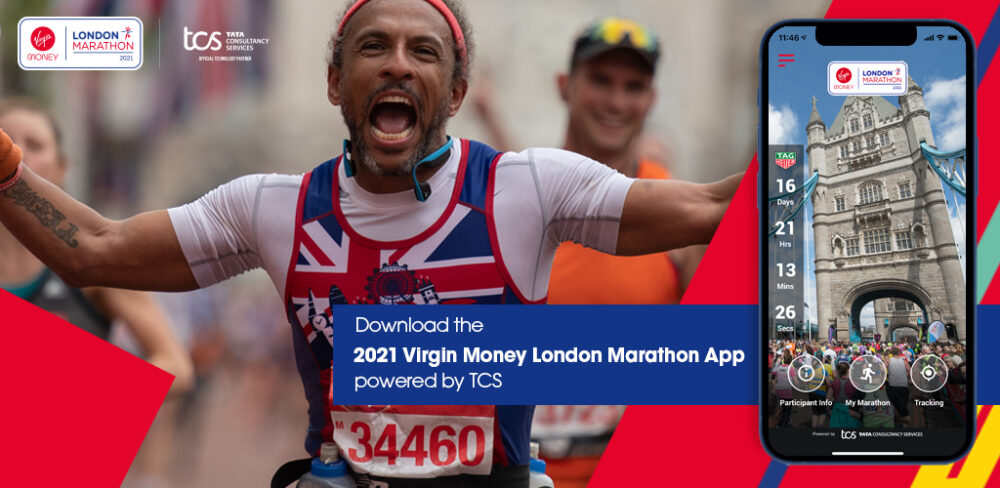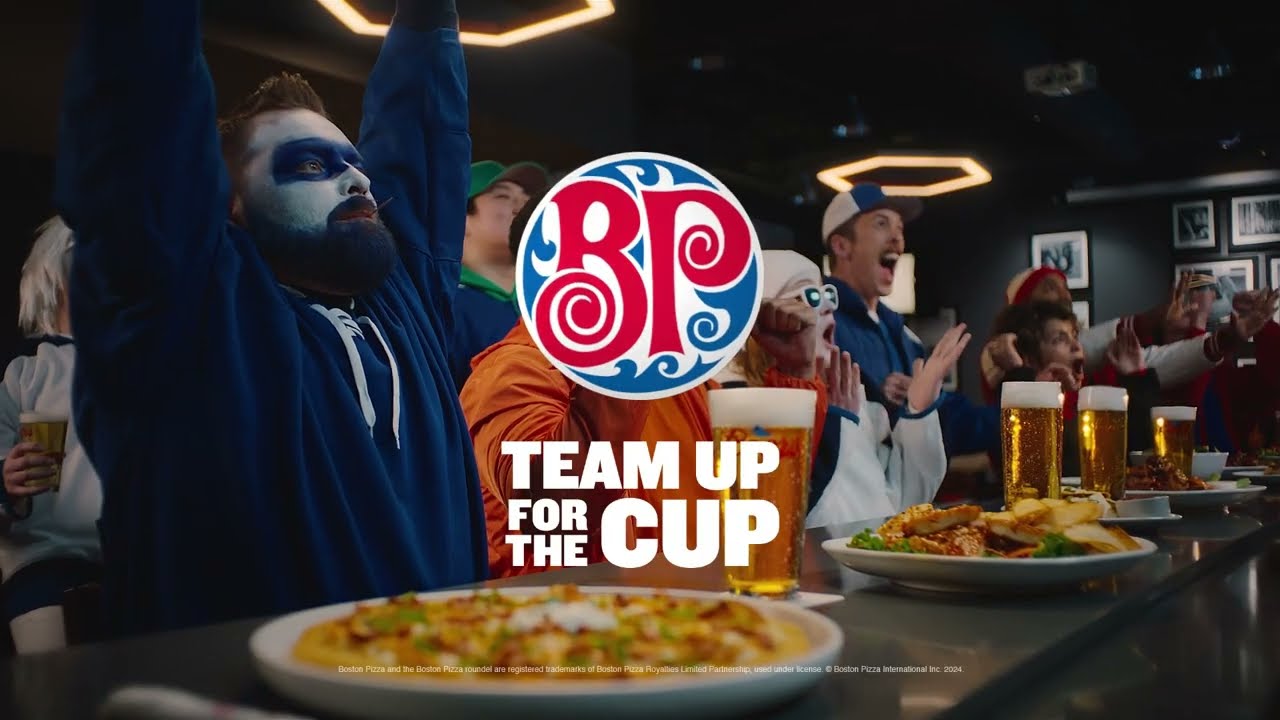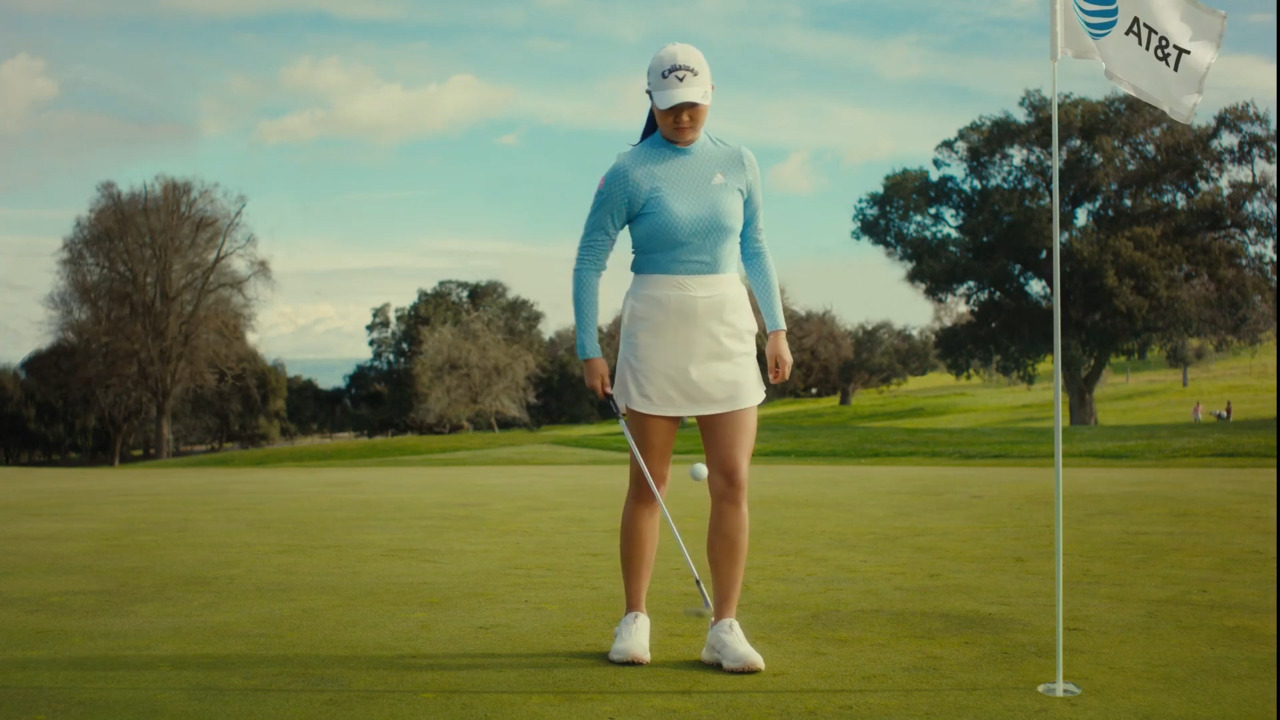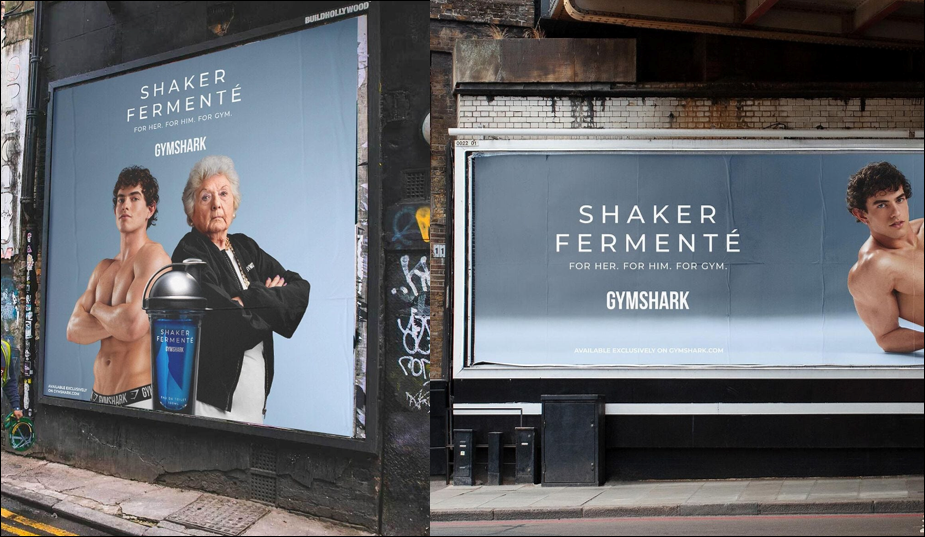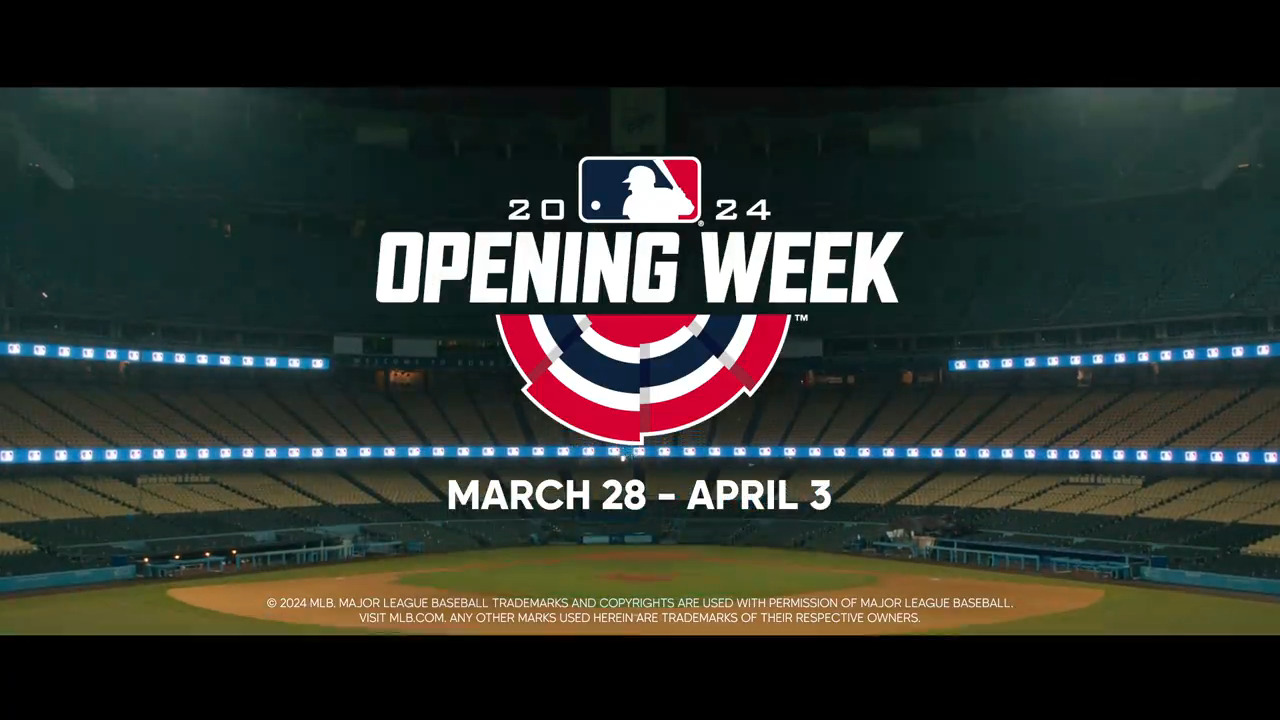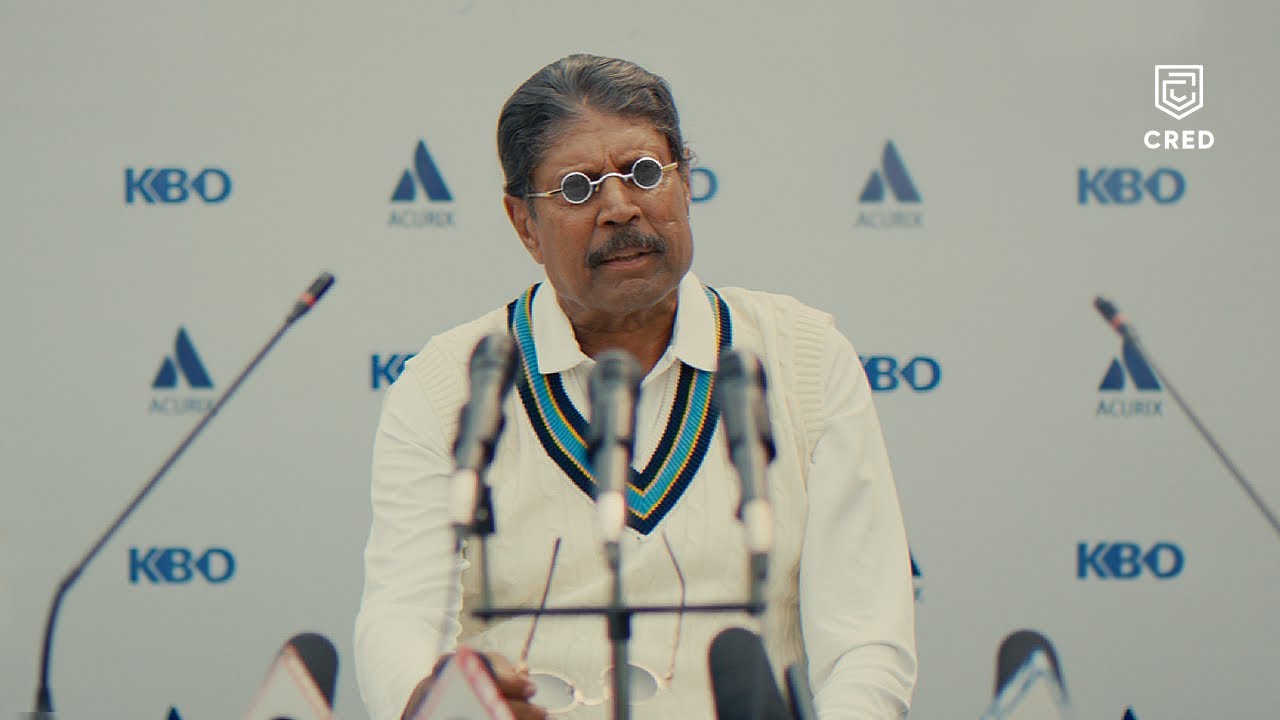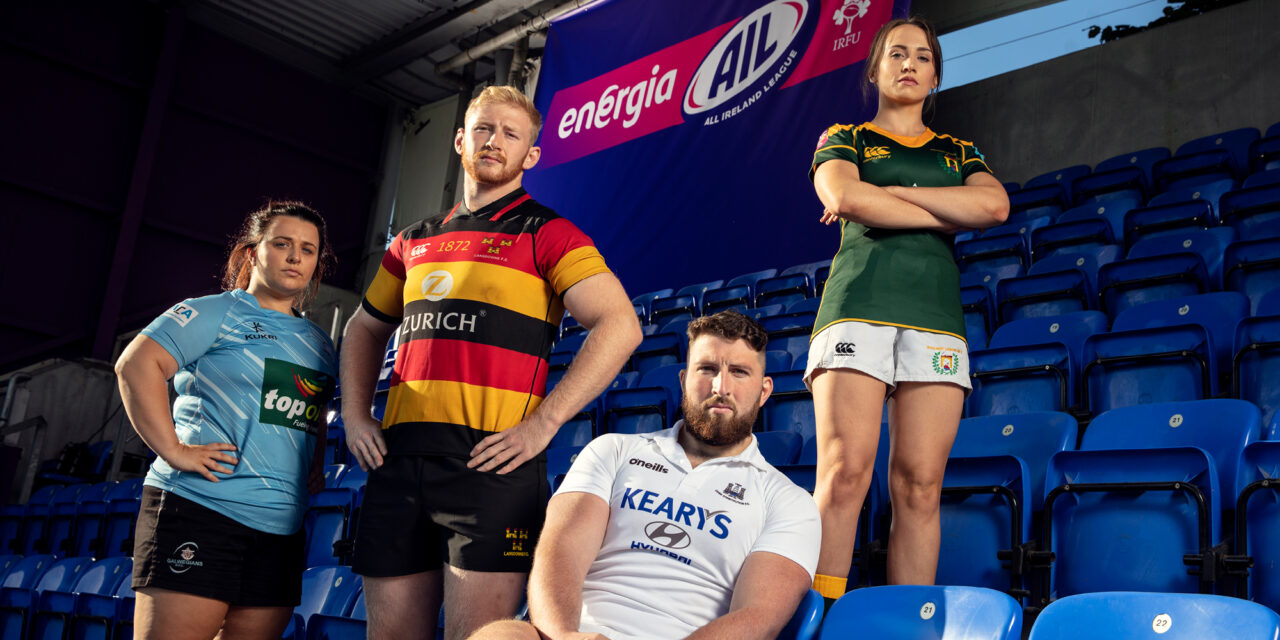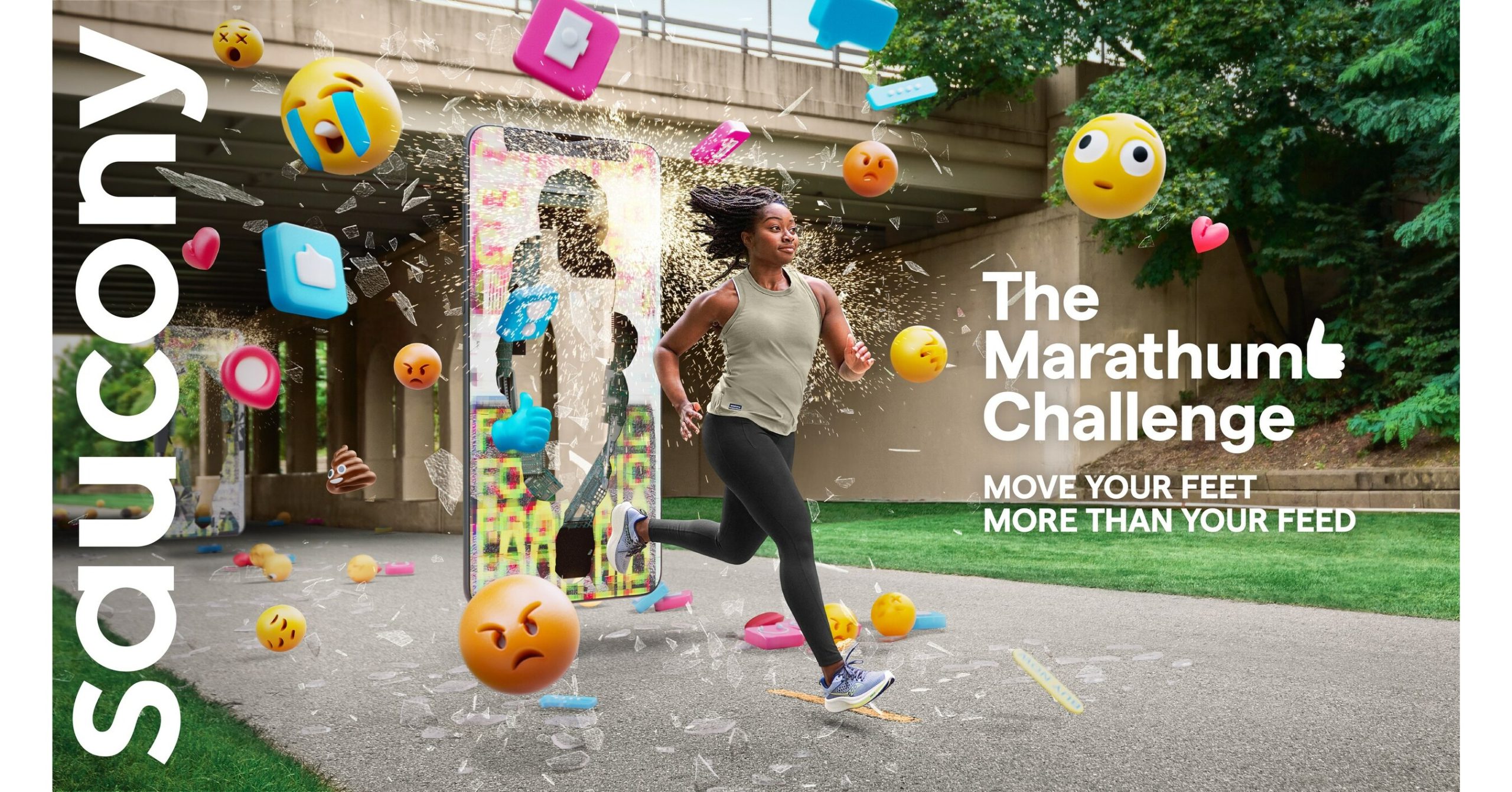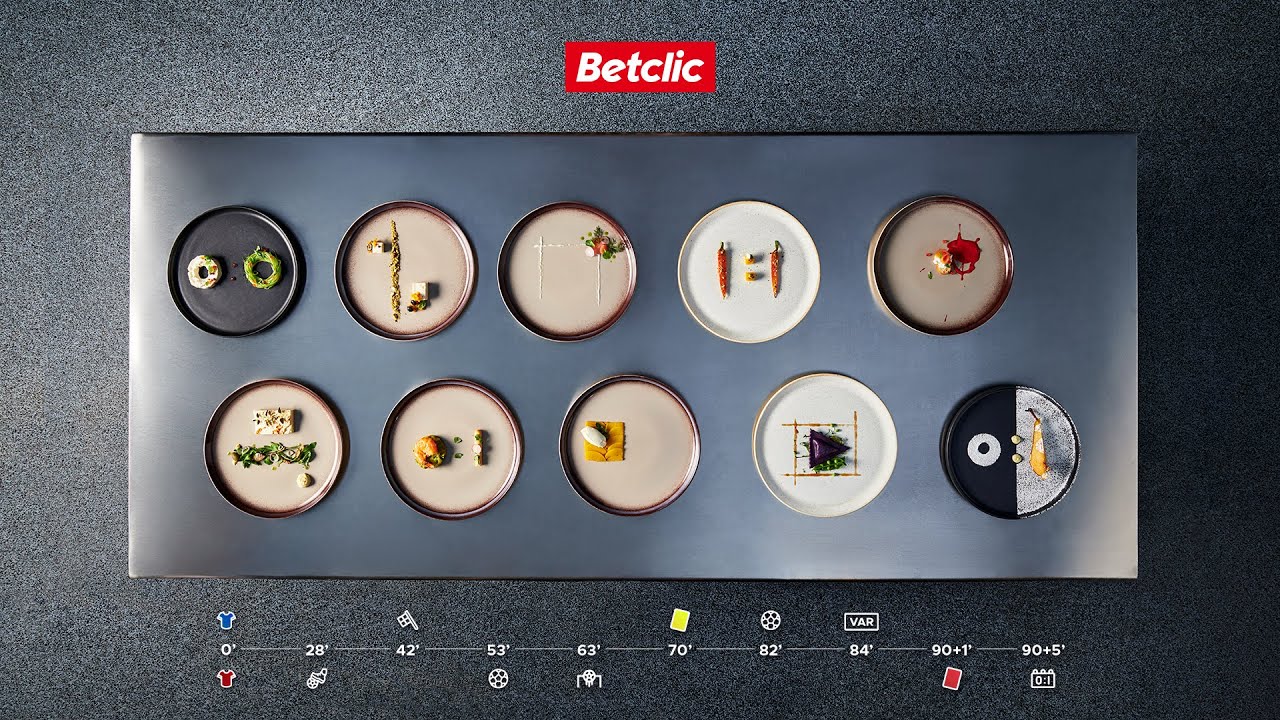Early February saw New Balance roll out a fresh brand platform championing its ‘independence’.
The 112-year-old company, which has been based on Boston for more than a century, is aiming to differentiate itself from competitors through a new ‘Fearlessly Independent’ positioning.
The new messaging, which has been designed as a customer call-to-action to customers, spans multiple consumer touch points and media channels from TV and online video, to social, OOH, new ecommerce typography and packaging.
The brand platform is spearheaded by a hero ‘Declare Your Independence’ marketing campaign which includes video content from entertainment company Ace Content.
Films feature figures from New Balance’s athlete ambassador stable: including baseball player Francisco Lindor and soccer star Rose Lavelle.
In the USA the work is digital-only,
#FearlesslyIndependent since 1906. https://t.co/mBrzoRkQGX pic.twitter.com/CE8WO6wlDf
— New Balance (@newbalance) February 7, 2018
while the global campaign also includes TV and OOG on a market-by-market basis.
(The majority of New Balance’s sales are international.)
The objective behind the fresh positioning is to drive home the message that New Balance is and has always been an independent entity (unlike competitors Nike and Adidas) and aims to reflect the brand’s values and what it stands for.
“As a challenger brand, we embrace the role of being the underdog—that individuality inspires the same sense of confidence in [our] consumers,” said New Balance global marketing VP Chris Davis.
‘Fearlessly Independent Since 1906’ marks the first New Balance marketing work from new Kansas City-based agency VML.
According to VML North America chief creative officer Mike Wente, agency research showed that despite New Balance’s solid name recognition, most US consumers have no idea what the brand stands for, or that the company manufactures most of its goods in its own factories in the USA.
“In today’s market, people are looking for brands with meaning: brands with more than just ‘I want to sell you something,'” adds Wente.
The VML tie-up follows last year’s search for a new global lead brand agency and is the first new brand platform since New Balance’s 2015 ‘Always in Beta’ initiative (see case study).
Comment:
Sportswear brand marketing has long been dominated by the twin tactics of promoting product performance benefits and trumpeting heritage.
But few have been based on their ownership independence.
New Balance is a privately held company which in 2016 racked up $3.8bn in revenue (up 3% from 2015 – according to Forbes).
The sportswear category itself grew by 2% to $19.6bn in sales in 2016 (according to NPD).
And it spent around $13m on measured media in the USA (according to Kantar Media).
In recent years the brand has ramped up its events sponsorships: including the New York City and London marathons
Don’t miss out on the chance to run through the streets of NYC in 2018. #TCSNYCMarathon application closes 2/15. https://t.co/AEtuv51v6A pic.twitter.com/r8L45Ls1zT
— New Balance Running (@NBRunning) January 24, 2018
and its team rights-holder partnerships including those with Liverpool FC (see 2017 kit launch campaign case study), Celtic FC (see 2017 kit launch campaign case study), with the ECB (see My Future Self campaign case study)
and Cricket South Africa too (see case study).
But the company suffered a serious backlash last year when consumers burned New Balance products on social media after a New Balance executive posted a pro-Trump comment about trade policy (see case study).
Links:
New Balance
https://twitter.com/NewBalance
http://www.facebook.com/Newbalance
https://www.pinterest.com/newbalance/
https://www.instagram.com/newbalance/
VML

